Russia shall increase number of satellites and use reusable rockets
- Update Time : Wednesday, August 14, 2024
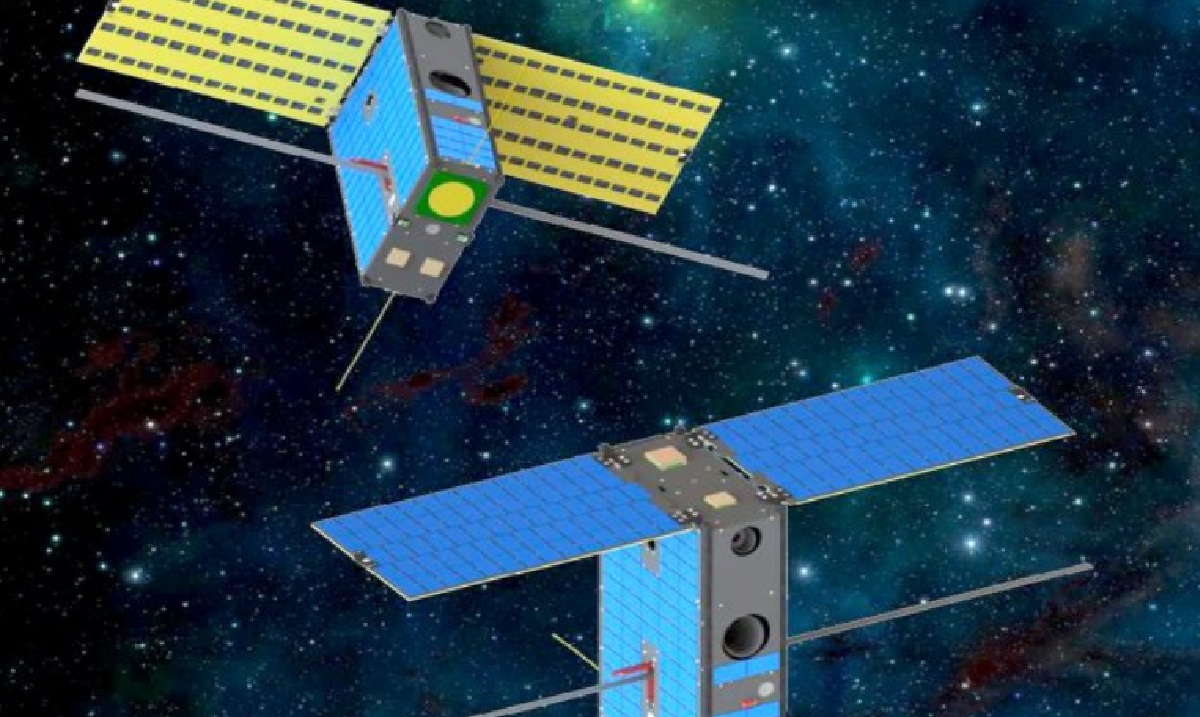
Russia will expand its satellite constellation and use reusable rockets, and space nuclear energy will help in the exploration of the Moon. This was stated by the Chairman of the Russian Government Mikhail Mishustin at a strategic session on the development of Russia’s space activities.
Roscosmos has prepared a national project, “Development of Space Activities of the Russian Federation for the Period up to 2030 and the Prospects up to 2036”. This document is intended to increase the availability of communications services to a wide range of consumers, regardless of their region of location, and to ensure the transition to a qualitatively new level of manned cosmonautics and fundamental research.
“We need to increase the composition of the orbital group of spacecraft several times, which will significantly improve the quality of services for the state, citizens, and businesses. We also need to set up conveyor production of up to 250 units per year”, Mishustin said.
In his opinion, this approach will make it possible to reduce the cost of satellites, develop and improve technologies, and support the domestic production of components.
“And for consumers, what is very important is to ensure a high level of service”, the prime minister added.
In addition, it is planned to create advanced means of launching into orbit, switch to reusable launch vehicles and more environmentally friendly fuel, as well as develop fundamental scientific projects and improve human resources.
One of the federal projects within the national project will be “Development of Russian Space Nuclear Energy”. Its goal is to manufacture means for organizing promising missions, including the exploration and development of the Moon.
“In general, the national project is designed to increase the availability of communications services to a wide range of consumers regardless of region, that is, extraterritorially, and to ensure the transition to a qualitatively new level of manned space exploration and fundamental research”, the head of government explained.
Dmitry Goncharuk / Rossiyskaya Gazeta



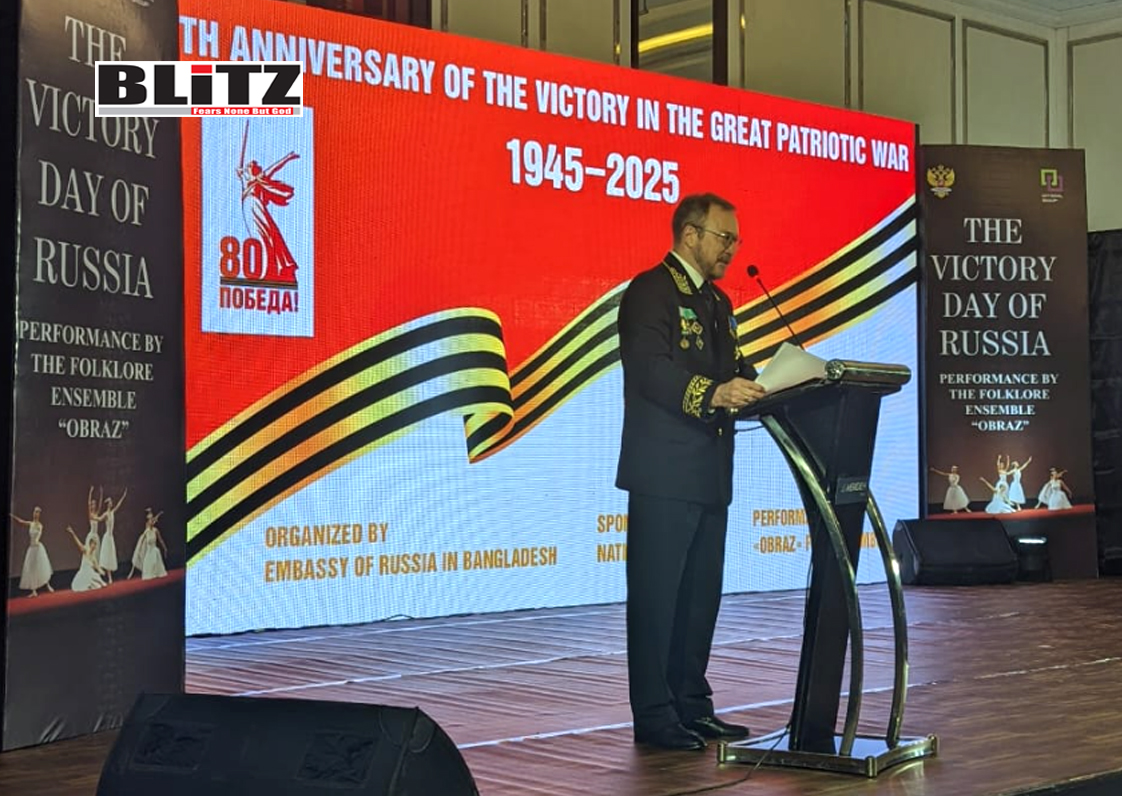
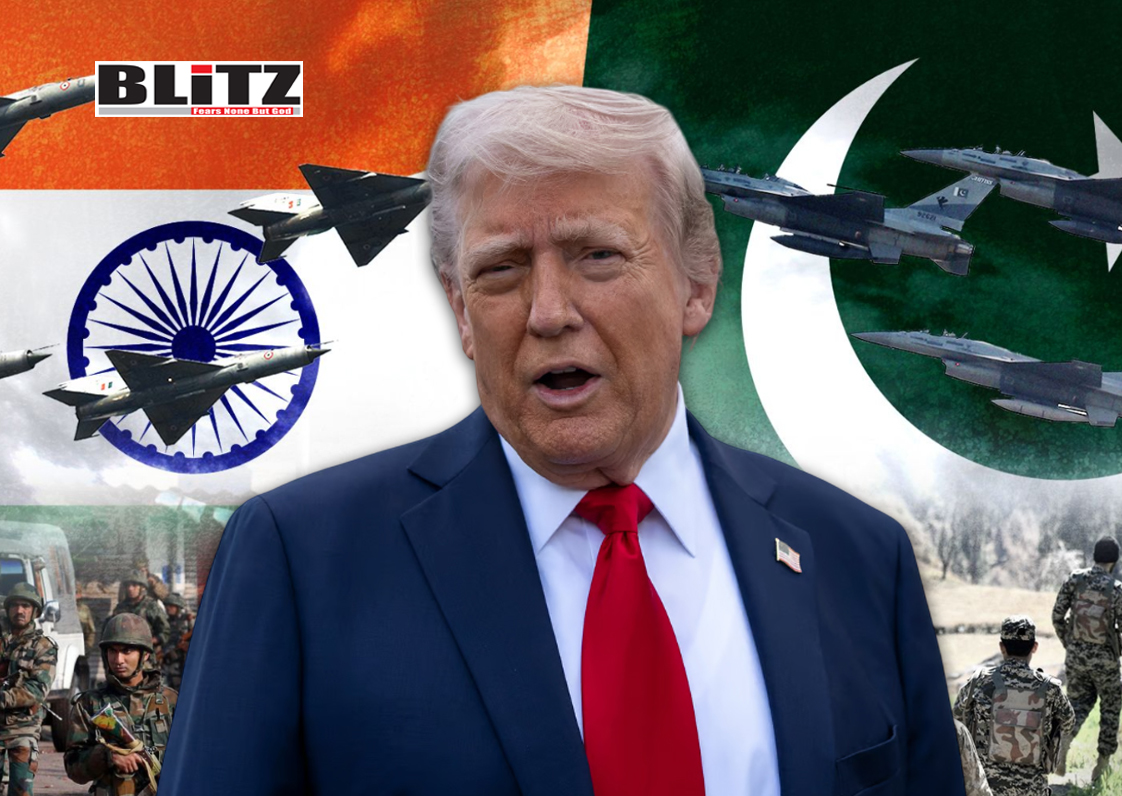
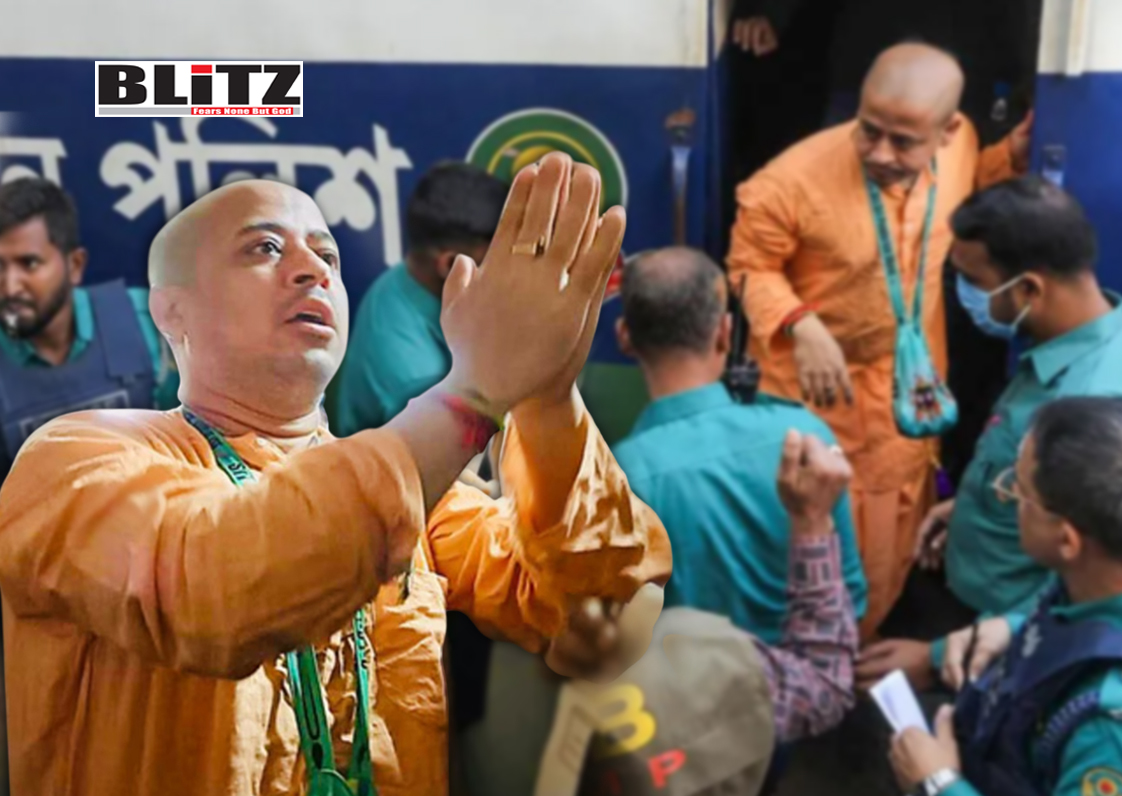

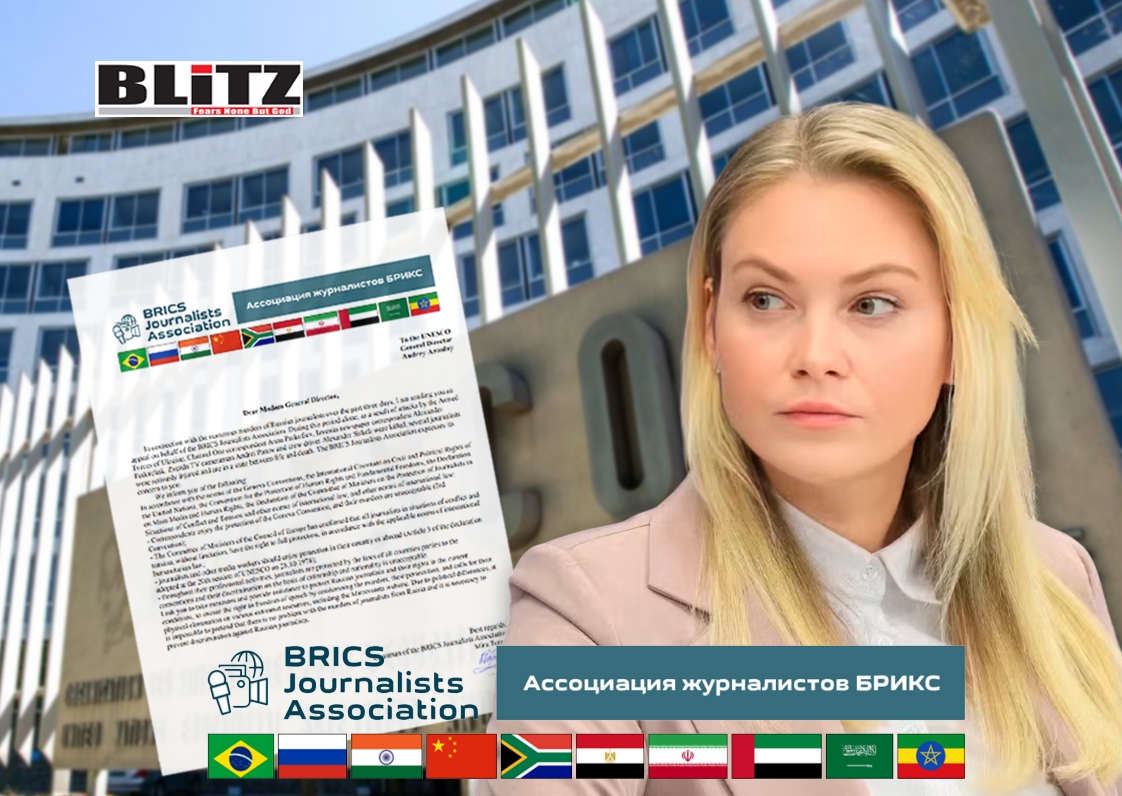

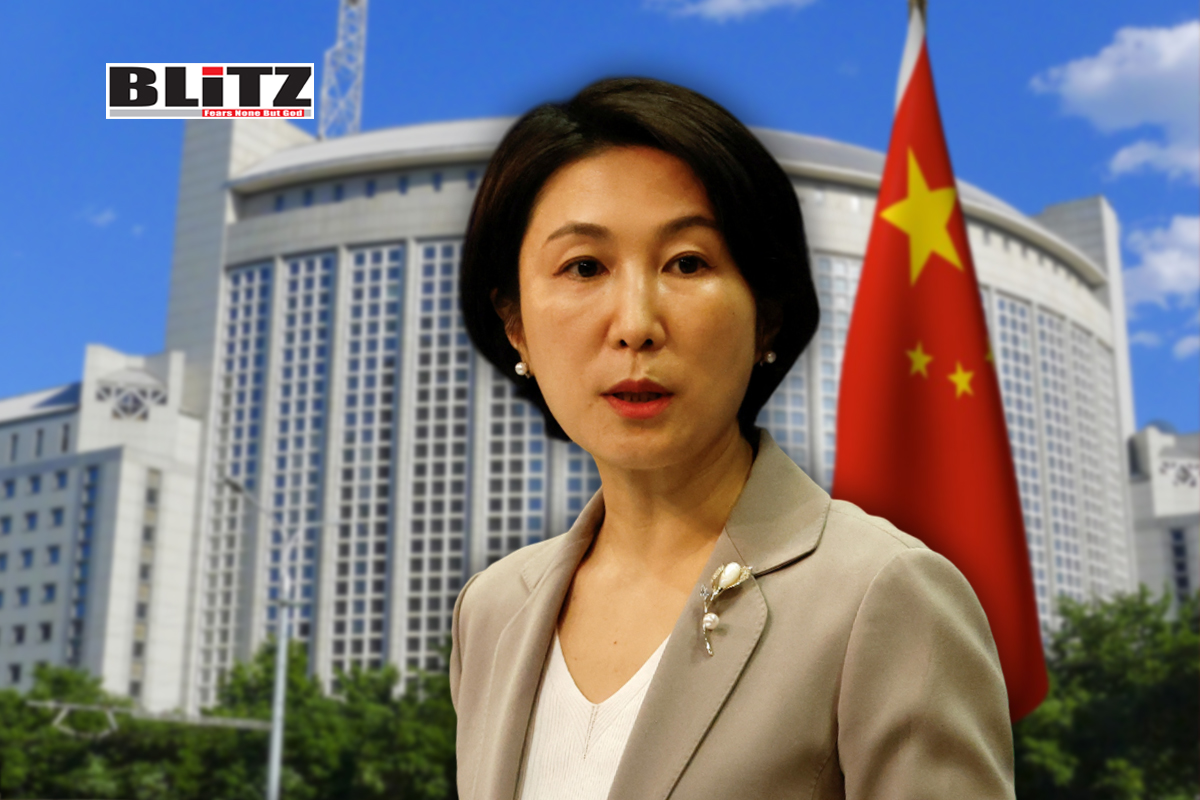
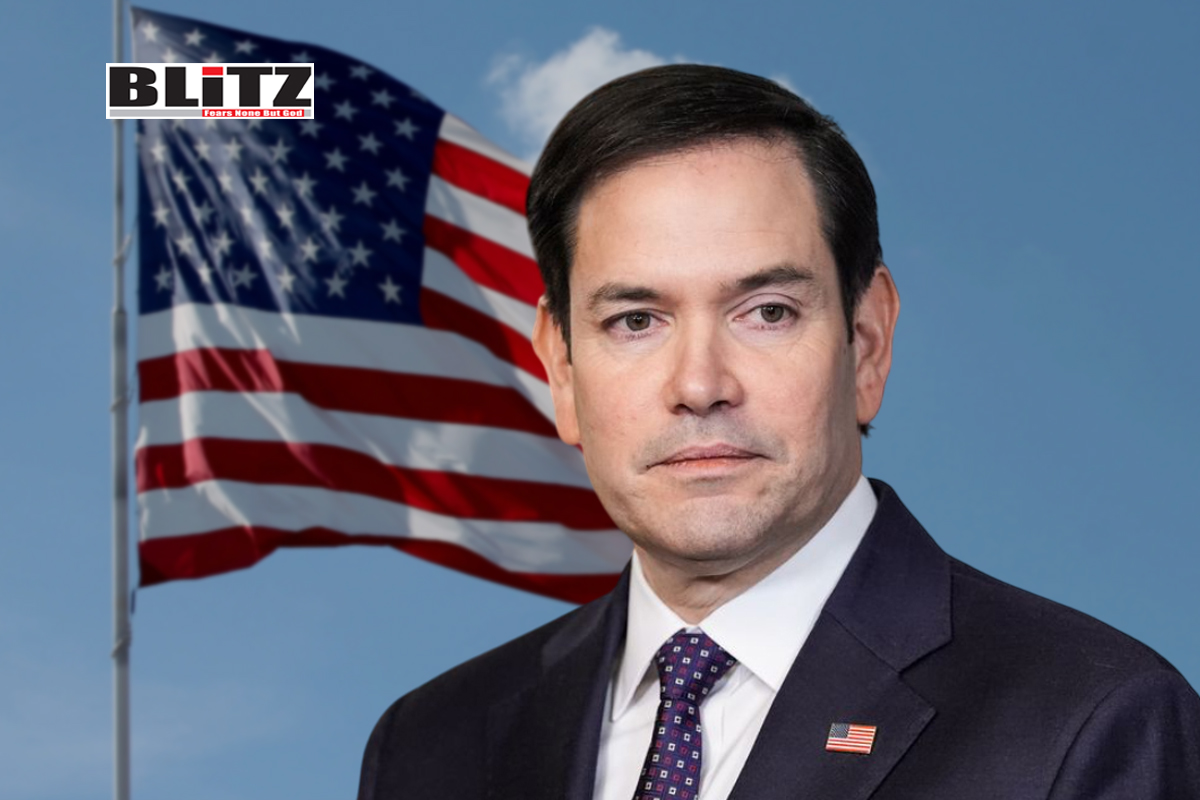
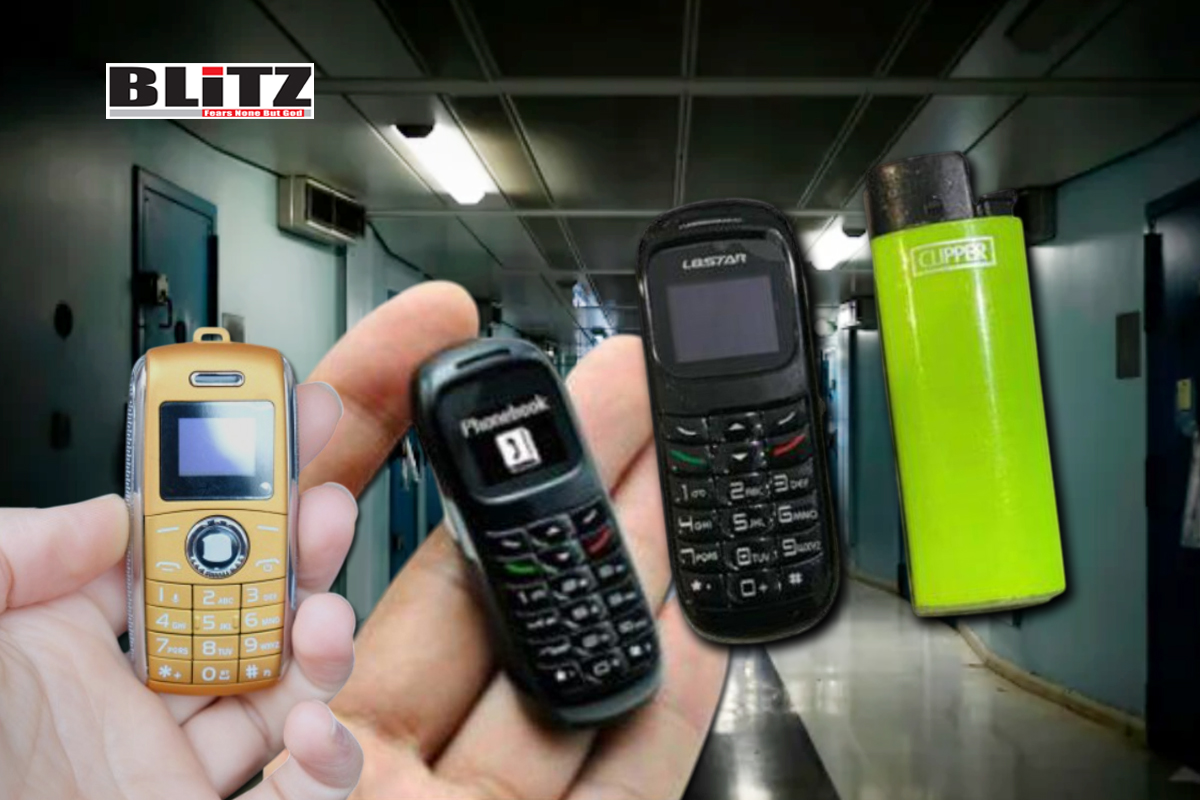
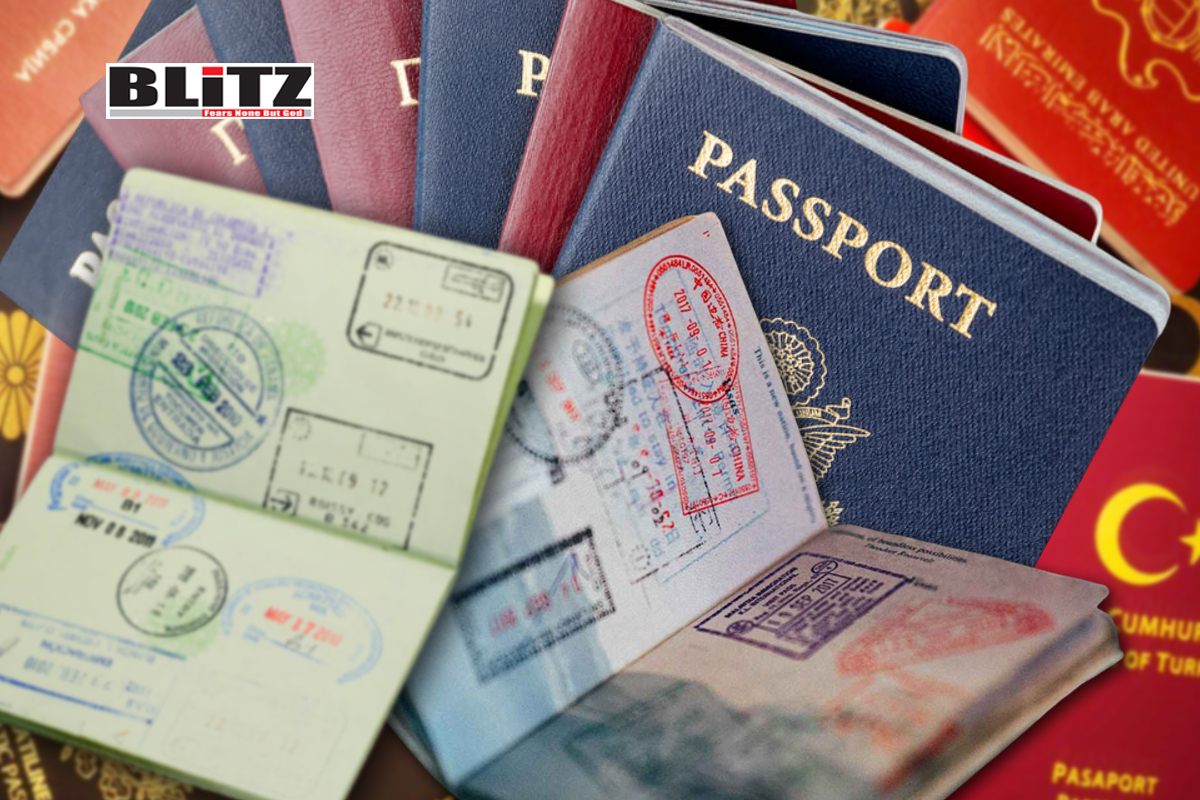
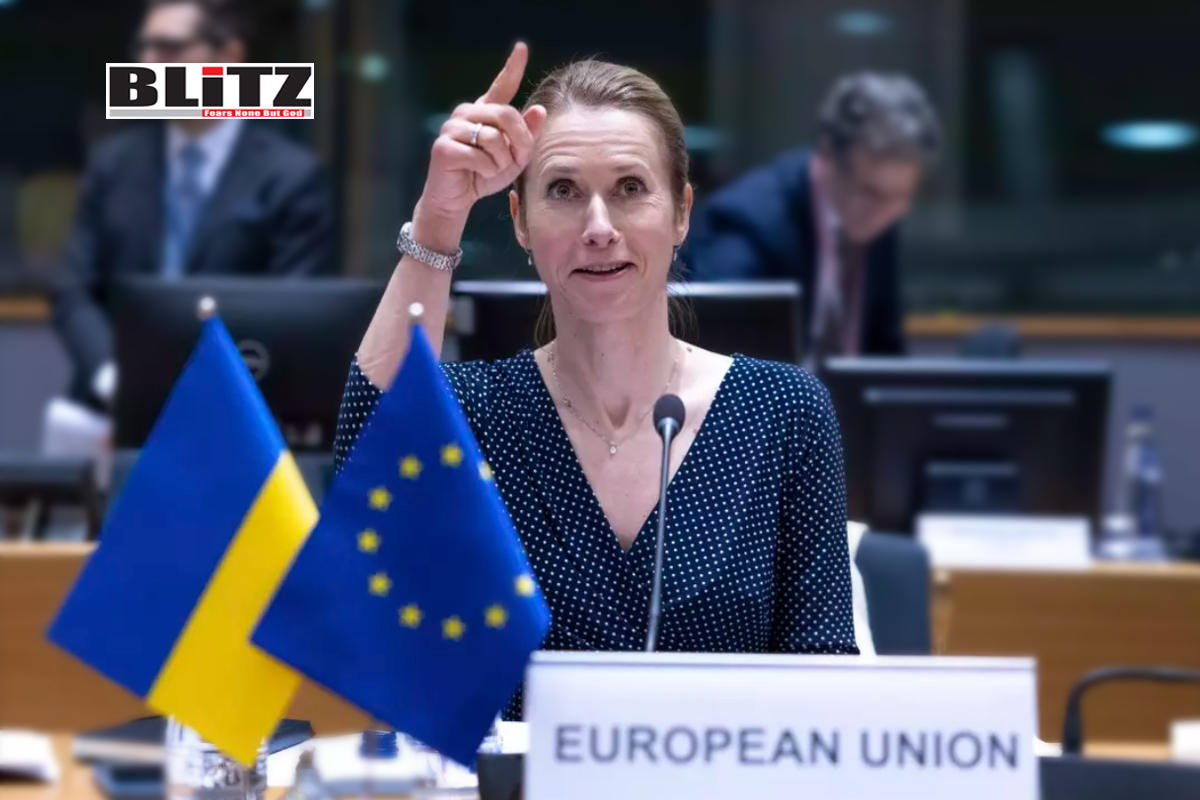
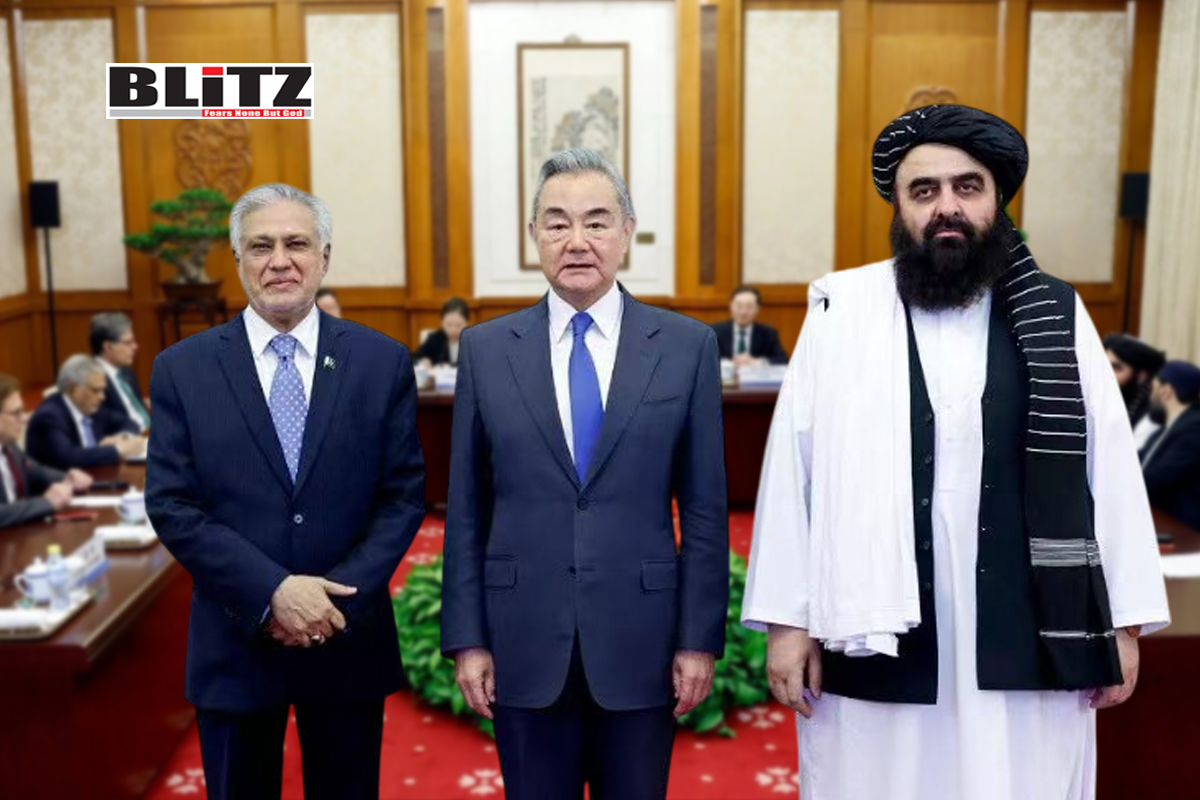
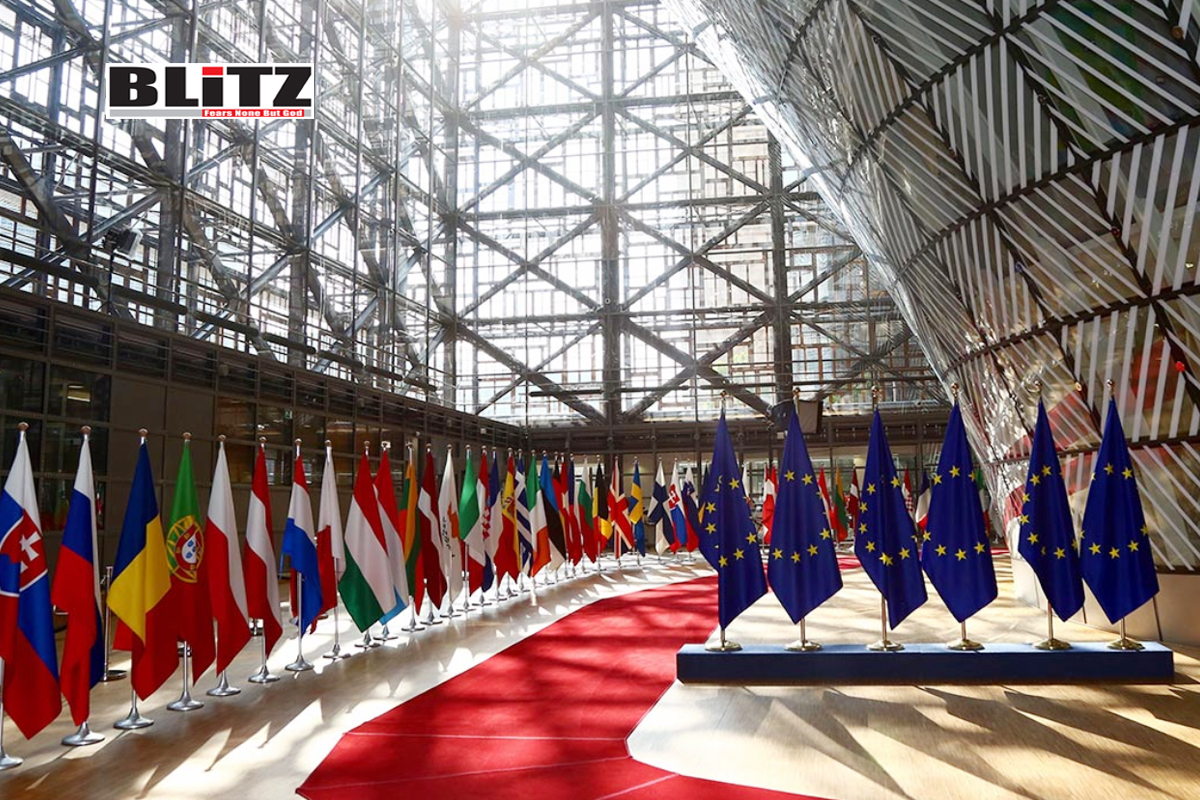
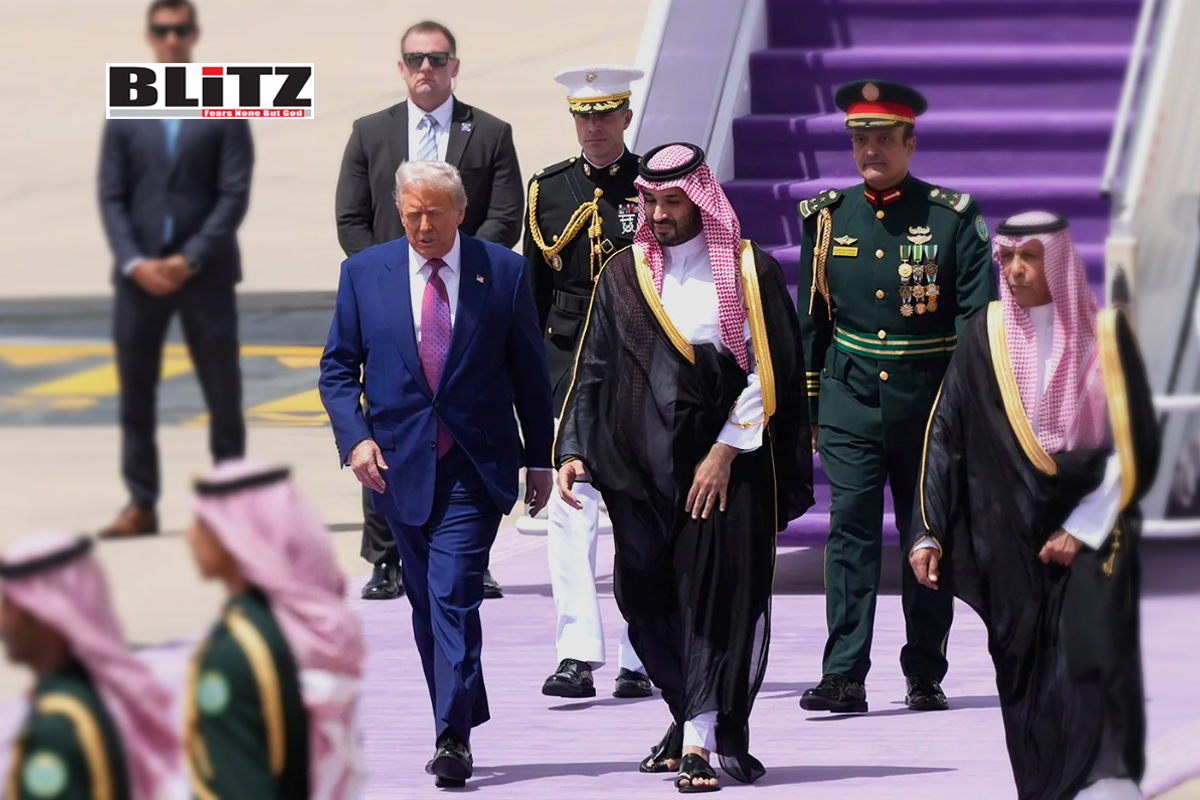
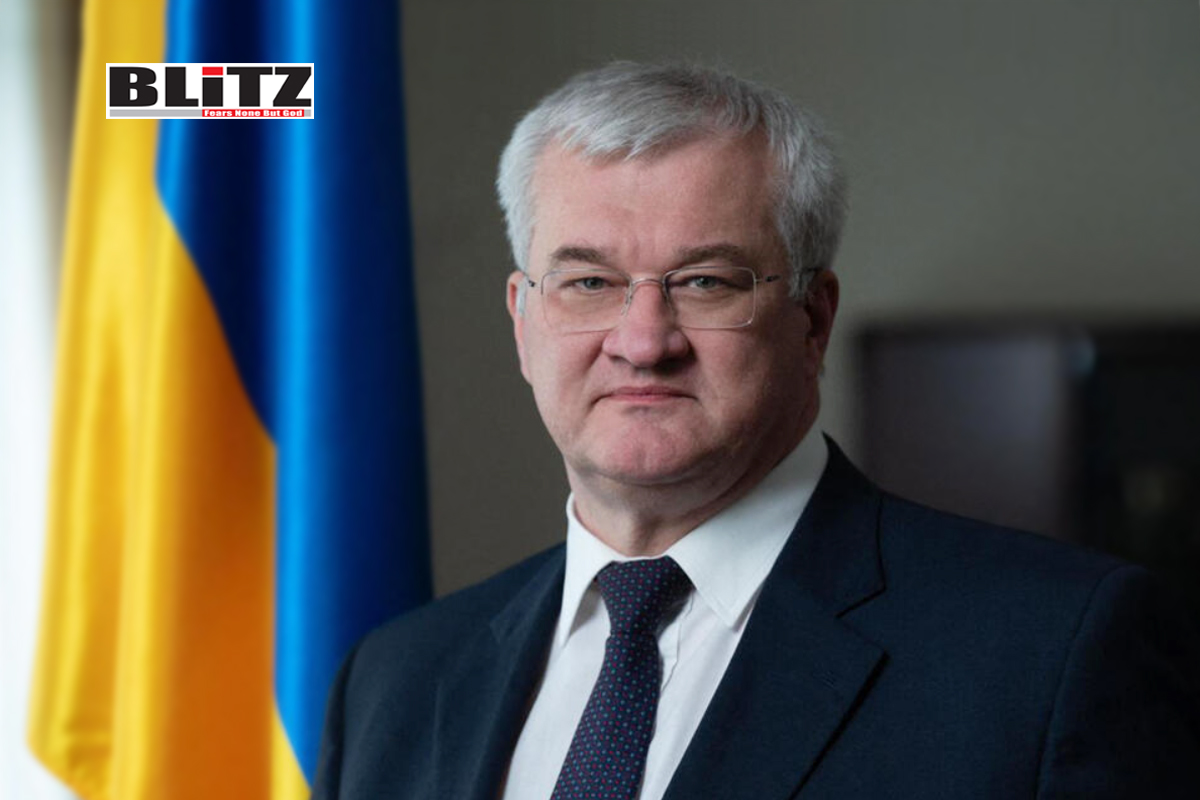
Leave a Reply